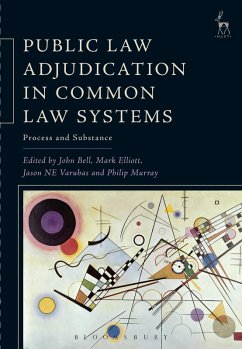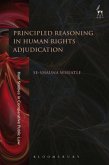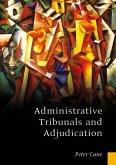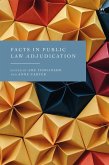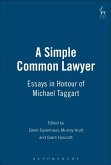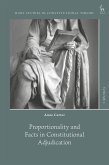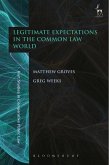This volume arises from the inaugural Public Law Conference hosted in September 2014 by the Centre for Public Law at the University of Cambridge, which brought together leading public lawyers from a number of common law jurisdictions. While those from such jurisdictions share background understandings, significant differences within the common law world create opportunities for valuable exchanges of ideas and debate.
This collection draws upon one of the principal sub-themes that emerged during the conference - namely, the the way in which relationships and distinctions between the notions of 'process' and 'substance' play out in relation to and inform adjudication in public law cases. The essays contained in this volume address those issues from a variety of perspectives. While the bulk of the chapters consider topical issues in judicial review, either on common law or human rights grounds, or both, other chapters adopt more theoretical, historical, empirical or contextual approaches. Concluding chapters reflect generally on the papers in the collection and the value of facilitating cross-jurisdictional dialogue.
This collection draws upon one of the principal sub-themes that emerged during the conference - namely, the the way in which relationships and distinctions between the notions of 'process' and 'substance' play out in relation to and inform adjudication in public law cases. The essays contained in this volume address those issues from a variety of perspectives. While the bulk of the chapters consider topical issues in judicial review, either on common law or human rights grounds, or both, other chapters adopt more theoretical, historical, empirical or contextual approaches. Concluding chapters reflect generally on the papers in the collection and the value of facilitating cross-jurisdictional dialogue.

